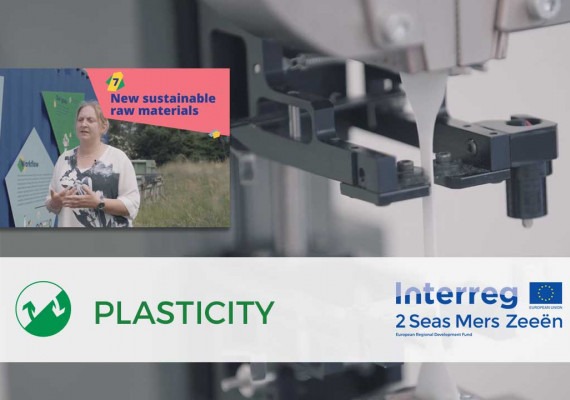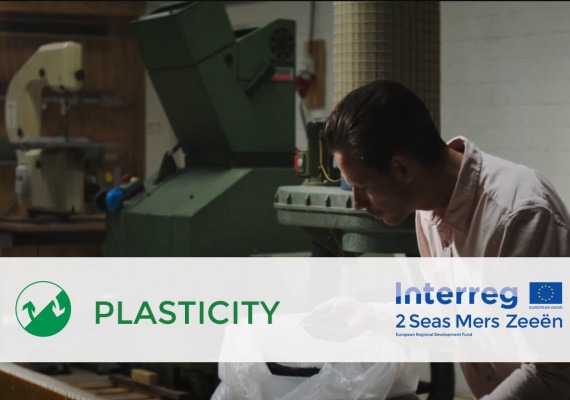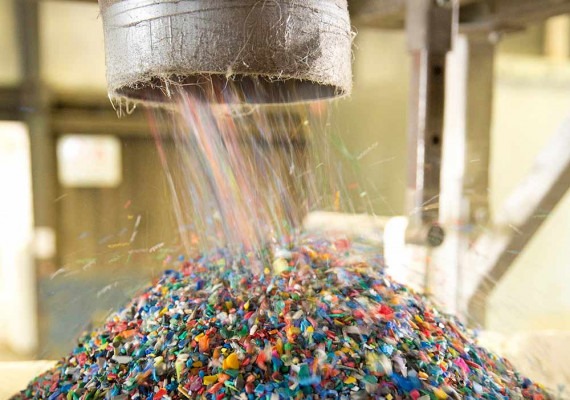PlastiCity
Resourcing Plastics from the City
Priority Axis
Resource Efficient EconomySpecific objective
Circular Economy
Lead partner
Stad GentContact
Begindatum
01/01/2019Einddatum
31/03/2023Project budget
8 871 384 €ERDF amount
5 178 731 €ERDF rate
58%Over
Common challenge
The 2 Seas area is one of the most proliferative regions in the EU when it comes to generating plastic waste, but overall plastic recycling rates are incredibly low (20-30%). Within the urban environment, often including cities near water bodies, a lot of plastic waste is available that would, in terms of quality, technically be eligible for recycling but is not effectively validated. These so-called ‘lost plastics’ can form a prominent role in the circular economy, providing actors and stakeholders with an economic opportunity to benefit by stepping away from traditional plastic disposal methods. These economic opportunities are not fully known/understood, collection logistics are not fully developed, sorting facilities are not well equipped or stakeholders are not always fully engaged. These are all barriers to realise the full potential of plastic in the circular economy. These barriers need to be overcome if the 2 Seas area is to play a key role in delivering the EU strategy for plastics in the Circular Economy.
Overall objective
Main outputs
Cross border approach
Main Achievements
Using input from local administrations and business representatives, the research partners have developed a strategy for the effective recycling of plastics that are currently lost in an urban environment. Through the creation of a mobile plastics waste recycling laboratory, in which plastic waste fragments can be analysed, characterised and converted into new raw materials (e.g. granulates), PlastiCity has demonstrated the potential of selected plastic waste fractions on a laboratory scale.
In total, the partnership has collected about 2000 tonnes of plastic waste from local companies in their regions through innovative transport methods that can be easily applied in urban environments. A portion of these collections has been used by the researchers to make generic characterisations by type of plastic, which were then the basis for design exercises. The stream not processed in the mobile unit was processed by business partners specialised in the recycling of rigid plastics and transparent films.
Furthermore, in three cities, local authorities took steps to develop PlastiCity hubs where separately sorted plastic waste can be processed into new raw materials by local recycling companies. These initiatives involve partnerships with local businesses and schools. The research partners conducted studies on business attitudes towards plastic waste recycling and the possibilities of building hyper-local plastic film recycling plants in an urban environment with interesting results. New potential products were develloped and detailed material composition studies and material flow analysis have been conducted giving valuable insight in the world of lost plastics.
Finally, during the course of 2022, after the lifting of Covid 19 restrictions, it was finally possible to take the mobile unit on the road. Hence the roadshow with the mobile unit started, giving tours and demonstrations to businesses, city councils, policy makers, students, schools and the general public.
Testimonial
By many people, classics is seen as something negative. This is quite often because people see they're lying around as waste in the environment. However, plastics are super lightweight and very functional, so with small amounts of plastic we actually prevent a lot of CO2. We can try to shift this negative perception on plastics by teaching people what is the value of the material so that they know that if they sort it, if they collect it, it will go back into the circular economy, and we will be able to make new products out of it.
Prof. Kim Ragaert
Ghent University – Centre for Polymer and Material Technologies



